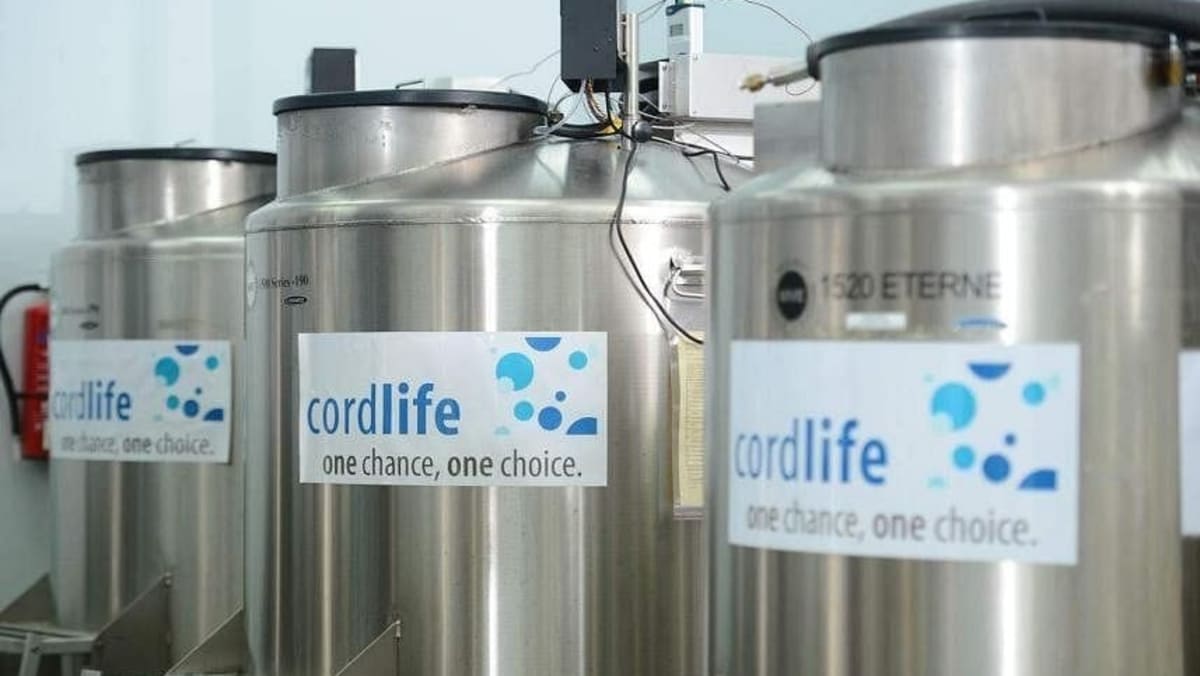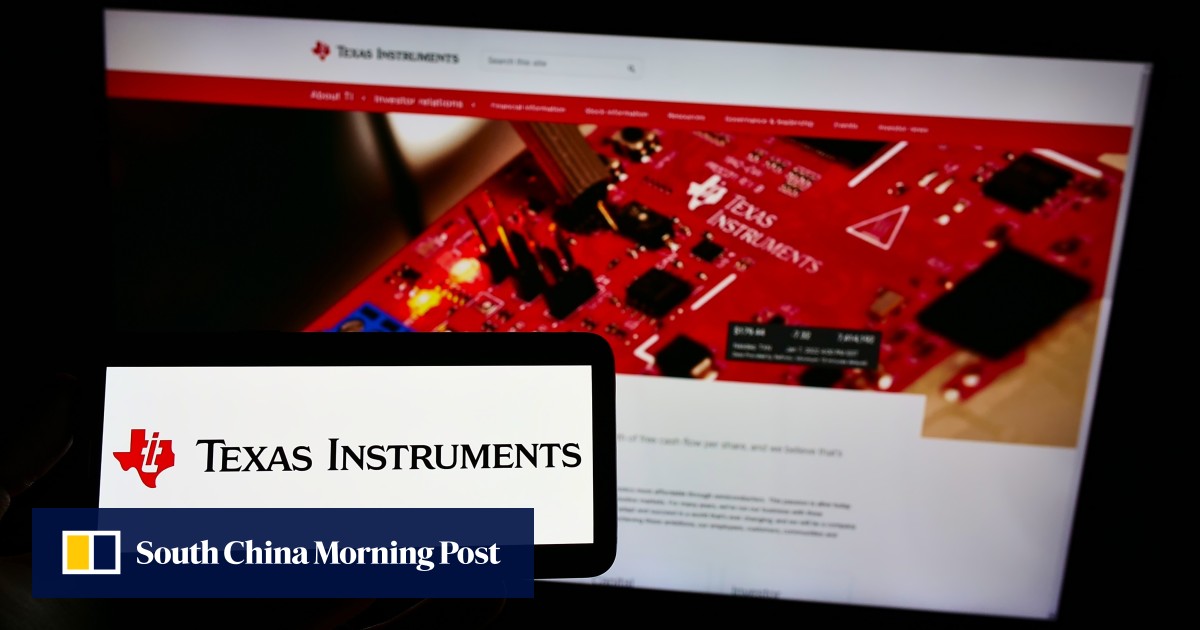SINGAPORE: Multiple clients whose cord blood units were damaged after being exposed to sub-optimal temperatures have accepted refunds, said Cordlife on Tuesday (May 7).
Cordlife is a Singapore-listed firm and the longest-running private cord blood bank in the country.
In November, it was discovered that seven of the company’s tanks had been exposed to temperatures above acceptable limits.
Around 2,200 cord blood units, belonging to approximately 2,150 clients, in one of the company’s tanks (Tank A) were found to be damaged then.
Another 5,300 cord blood units in a second tank and a dry shipper were deemed to be “non-viable” as well in April.
The remaining five tanks, which contain about 14,000 cord blood units, were assessed to be at low-risk of being affected.
As of Apr 30, “a significant number” of clients who had cord blood units stored in Tank A have accepted a refund of annual fees from the year of the temperature excursion, said the company in a media statement released .
When contacted by CNA, Cordlife declined to give the exact figure for the number of clients who had accepted the refunds.
The refunds would entail Cordlife continuing to store the cord blood units of these clients until the maturity of their service agreements, when their children turn 21, without charge.
“In the event a transplant physician determines that the cord blood unit cannot be successfully used for an approved cord blood transplant solely because it does not meet the viability criteria, Cordlife will make every effort to find a suitable replacement,” said the company.
The same refund has been extended to affected clients with cord blood units stored in the dry shipper and the second tank deemed to be at high-risk of being affected by the temperature excursions, it added.
Additional testing on more cord blood units from the five low-risk tanks will also be undertaken and any applicable billings for clients whose cord blood units are stored in them will be paused, pending the test results of each tank.
“We would like to reassure these clients that the company will not dispose of any cord blood units belonging to them while we work towards resolution,” said Cordlife.
“We also kindly ask for their patience as we carefully assess our next steps, and we will contact these clients as soon as we have determined the most appropriate course of action.”
On Apr 8, Cordlife announced that it would be offering refunds for affected clients who had cord blood units in the high-risk tanks.
Last month, some parents told CNA that the offer would not repay years of annual fees they had forked out since it only refunded annual fees paid since the start of the temperature excursion.







